Stages on WordPress
What procedures do we follow to guarantee that the final product fulfills your vision? Let’s see.
WordPress is an open-source online platform for creating websites that work with PHP. To put it another way, since its launch in 2003, it has been the most user-friendly and potent blogging and CMS (website content management system). It is now among the most popular open-source content management systems available.
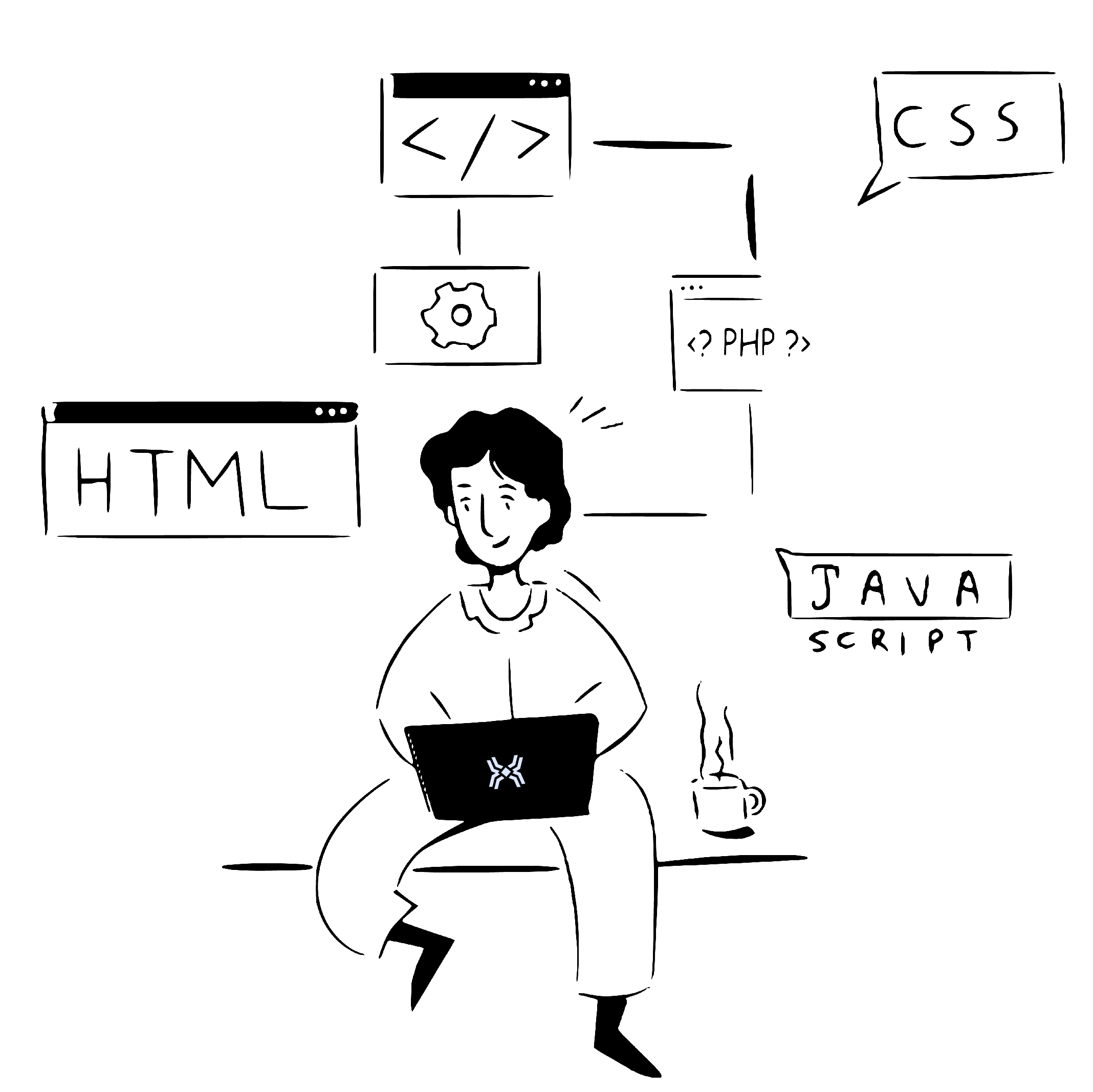
Are you thinking about utilizing WordPress but unsure of its benefits?
Although there are several website builders available, WordPress.org is the most widely used. Actually, 40% of the internet is powered by it! The enormous degree of customization offered by WordPress is largely responsible for its success.
You may easily accomplish anything with WordPress thanks to its thousands of plugins that span a wide range of website functionalities.
Choosing a template is not enough to create a website that accurately reflects your business. Custom WordPress website design provides companies with the freedom and authority to construct a website that complements their own objectives and identity. Every part of your website, including the style, functionality, visual components, and user experience, may be customized with custom WordPress web design.
Rather than utilizing a pre-made template or theme, a custom WordPress website design is created especially for the user’s particular requirements. Complete control over the look, feel, and performance of the website is possible with this kind of design.
Businesses are able to incorporate their logo into every element of a custom WordPress website design. This entails selecting layouts, colors, and typefaces that are consistent with the company’s identity. Additionally, a more seamless and intuitive user experience is made possible by custom designs. In this manner, users can engage and traverse the website with ease. This focus on detail makes an impact that lasts and strengthens your relationship with your audience.




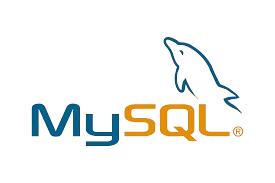
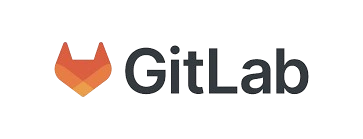



The visual and functional characteristics of your website are determined by the WordPress theme, which serves as its skin. It is made up of multiple files that work together to control the look and feel of your website.
To make websites, our developers primarily use a variety of coding languages and scripts, such as PHP for database connectivity, JavaScript for dynamic content, CSS for visual design, and HTML for structure. The content that WordPress stores is displayed in the browser by themes.
The way that content appears and is presented is up to you when you design a WordPress theme. You can choose from a wide range of features while creating your theme. Your imagination is the biggest limit when it comes to Theme Development.








The process of developing software extensions, or plugins, for WordPress websites is known as WordPress plugin development. Without altering the core WordPress platform, these plugins introduce new capabilities or change pre existing functionalities.
PHP is used to write plugins, which can do a variety of functions like enhancing website performance, integrating social media, and producing unique widgets. They enable users to alter their websites to suit their own requirements and tastes.



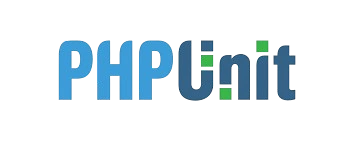




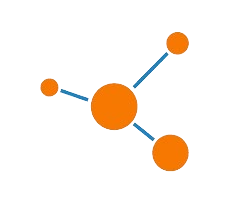
“Application programming interface,” or API for short, refers to software that allows two or more applications to communicate with one another by exchanging data (messages). An API can be compared to a touch screen or other virtual interface that you can use to send and receive data, read data, and enter data. The internet makes it easy to access web-based APIs.
WordPress API integration is the process of utilizing APIs to link WordPress with other programs or systems. By making a portion of an application’s data and functionality publicly available, APIs enable communication between other software programs.








WordPress maintenance includes a variety of activities meant to guarantee a WordPress website’s lifespan, security, and seamless operation. WordPress is a dynamic platform that powers millions of websites globally, thus maintaining WordPress sites on a regular basis is essential to their optimal performance.
A WordPress website’s long-term viability depends on regular maintenance. We make sure your WordPress websites stay safe, effective, and user-friendly by carrying out routine upgrades, backups, security improvements, performance optimization, database maintenance, content management, and monitoring.








From sleek business sites to dynamic eCommerce platforms, Makura Creations builds custom WordPress solutions tailored to your brand. Let’s turn your vision into a high-performing digital experience.
Let’s Create TogetherWhat procedures do we follow to guarantee that the final product fulfills your vision? Let’s see.
Naturally, a major factor in the success of the website is its visual design and layout. The goal of the design team is to realize the client’s vision.
Sometimes a client can be seeking a fresh WordPress installation or moving from another content management system. In this instance, the development cycle will include data migration.
The active development phase will start as soon as the final designs are accepted. Based on the needs of the client, the developers will create the site’s functionality and unique features.
The QA and testing phase should start as soon as all development jobs are finished. This is to make sure that everything works properly before launching the website.
Every new website will have a different launch strategy. Additionally, we will offer a support phase to clients for a predetermined amount of time following launch. The client can report any bugs or problems during this time, and we will solve them.
Don’t take our word for it. Hear what our clients have to say about us.
Choosing Makura Creations to build my WordPress website while I spent time organizing my resources and crafting narratives was undoubtedly the right choice. The end product is a website that looks professional and has all the newest features available. In conclusion, I am overjoyed to have partnered with Makura.
Makura Creations was easy and quick to work with. They were on schedule, had wonderful communication throughout, and created a fantastic WordPress website that was customized to my needs. Extremely happy with their assistance!
The work that Makura Creations made on my WordPress website was superb. They were punctual, professional, and responsive. The user-friendly design has greatly increased the traffic to my website. I heartily endorse their services!
What are your curiosities?
